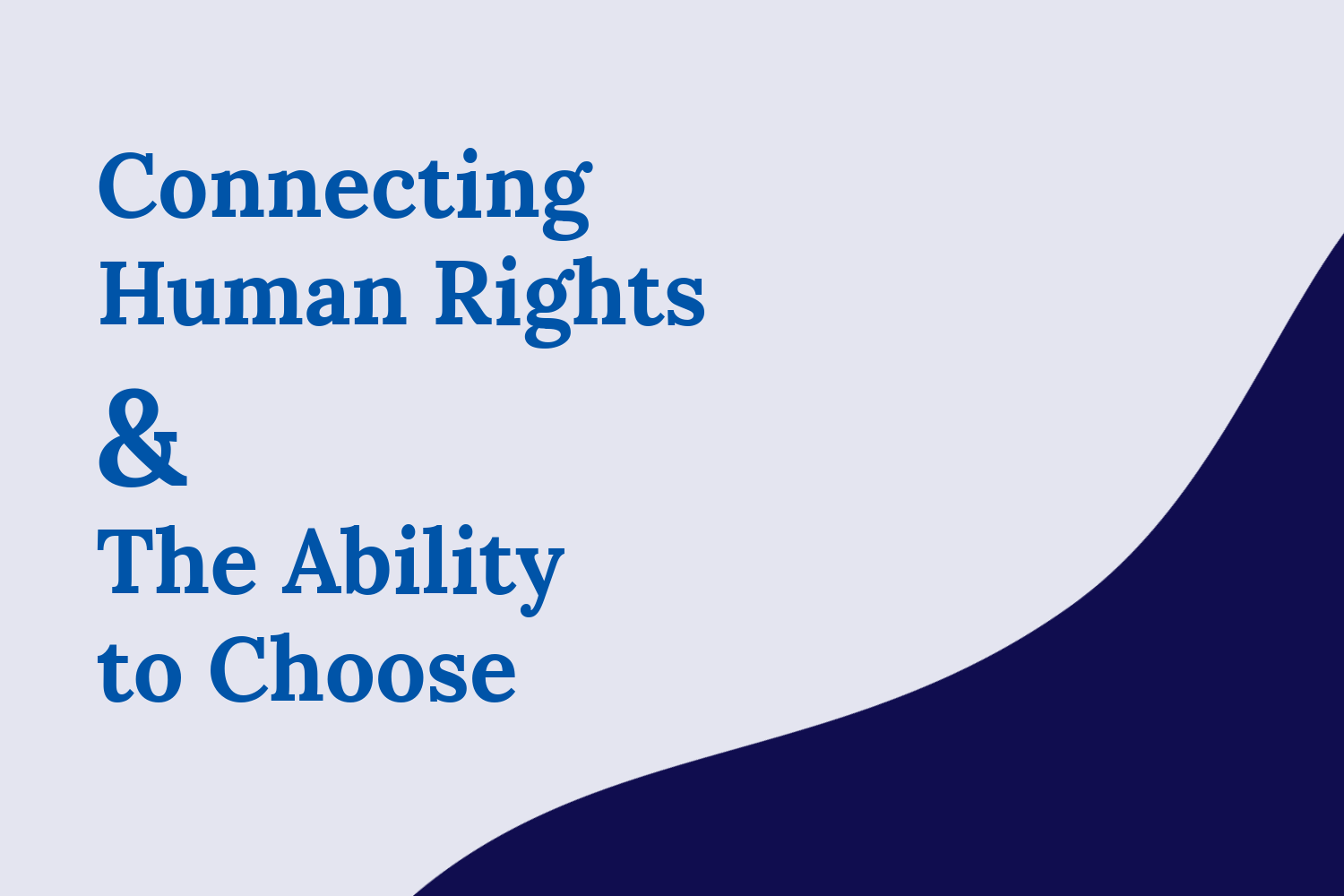Knowing your rights in society is something that has to be taught by people around you for you to be able to know the injustices. As your lived experience is heavily influenced by your identity, location, people, and policies, those influences dictate the decisions to what you are witnessing as the results. It is always evolving and changing as different rights are being highlighted due to advocacy work of individuals and groups. However, knowing your rights and witnessing (or imagining) how it can be reality may not be everyone’s experience, especially, if your identity and rights are not reflective of your experiences.
Why is it so hard to know that your lived experience could not be just and require change? Well, unless you have someone explaining to you that there is a better way (or should be a better way), you go through life thinking that it is your only choice or that others made decisions that you have no control over. You adapt your frustration, confusion, and anger to the expectations of what currently exists. That expectation is not always with ill intentions. In many ways, it is difficult to know what the differences are unless you experience it, document it, and show it.
People who are doing activism and advocacy are working to change it and make it obvious to decision-makers and individuals that your rights are important and you deserve the same experiences as everyone in the community gets to enjoy. Whether the activists or advocates live or learn from the experience, they are showcasing the experiences by providing a platform to help create change little by little. The acknowledgement of the rights starts with learning what exists, what is missing, and having the passion and imagination to push for change. For some, it is self-advocacy to obtain the services and support they need to survive in their society. For others, broader advocacy to encourage decision-makers to take action for change is a movement worth participating in.
The key component of realizing your rights and lived experiences is choice.
-
Can you make a similar choice to others in the community to participate?
-
Can you make a choice, separate from expectations and pressures of society?
-
Is that choice respected?
-
Are there options available for you to choose?
The freedom to choose what best fits you, your needs, and your wants to live in society is crucial to understanding if your rights are realized. Remembering that there is a choice, even if it is difficult can be a massive step forward.

